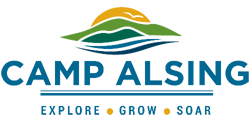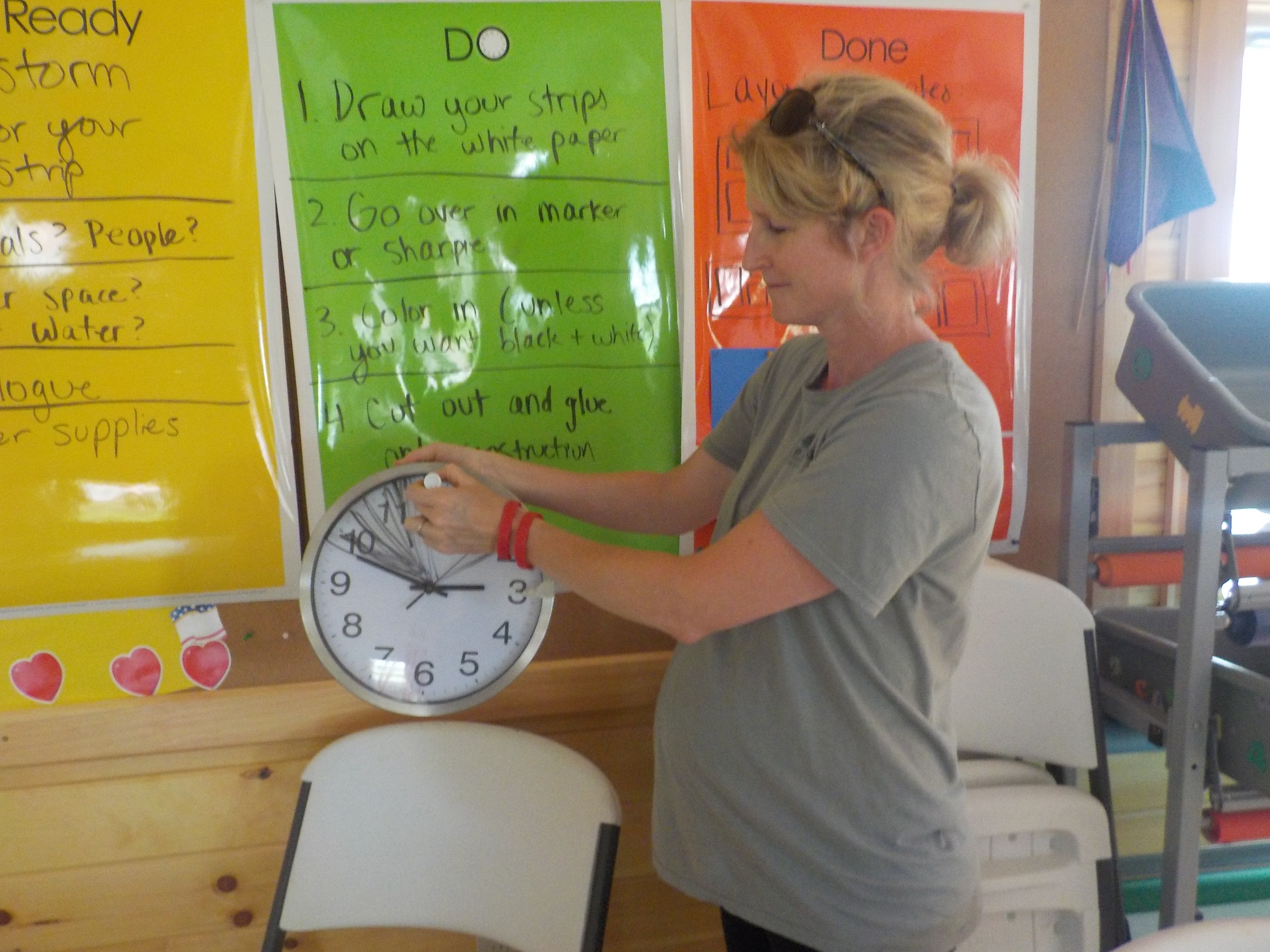The “Triangle” of the Flexible-Thinking Child – Executive-Function, Anxiety Management, and Social Cognition
By Alsing Team In Updates from Camp AlsingFrom Camp Alsing Clinical Directors – Lucia Reardon, MA, CCC-SLP & Brooke White Ober, MS, CCC-SLP
Each of our brains is like a fingerprint, completely unique. For all of us, it performs an incredibly complex set of functions commonly referred to as “executive functions,” that allow us to interact with our world and contribute in our own unique way.
When people ask about our approach with kids with social challenges, we often draw a triangle and describe the overlapping components that create the foundation for a well-rounded, flexible thinking child. Those overlapping components are social cognition, executive function, and managing anxiety. The triangle is constantly rotating. Understanding the role of anxiety or the “worry brain” is particularly important because when we let worry be “the boss of our brain,” it can block access to our thinking or problem solving brain, which we need for social executive functioning. It is common for our kids to “zoom in” and over-focus on the details of a situation (whether this be due to the anxious brain, slow processing, and/or neurological wiring differences), when they need to zooming out to see the big picture.
Camp Alsing has provided us an incredibly unique opportunity to apply the triangle of learning. It is an engaging, supportive environment for generalizing these foundational skills seamlessly in an exciting, fun, traditional camp experience in the company of like-minded kids and highly-trained, understanding counselors (or as we call them at camp, “coaches”). We start the day in the dorm, having the campers ‘walk through’ the timeline of their day while imagining what each activity will “look like.” This teaching is consistently and routinely embedded throughout the day, in all types of activities. The kids compare and contrast each other’s “pictures” or “future pictures” (perspective taking), observing how each experience is “the same but different” from one another or from one day to the next (flexible thinking).
In the evening, the campers connect and reflect, comparing memories in their bunks or around the campfire, sharing the “big picture” events of the day. They are guided in supporting each other to flexibly problem solve any glitches, working through worries and encouraging each other to push through the “uncomfortable moments” of trying something new.
As clinical directors last summer, it was a thrill to see the growth in their confidence and adventurous spirit. Campers that said, “I will never try archery” or would “never do the overnight” not only worked through that worry, but also created a positive emotional memory of the new experience. Campers that were unaware of what their peers were doing in the lake while swimming were suddenly noticing and joining the group fun in the water!
With improved situational awareness, the campers were more available and motivated to learn strategies for and engage in conversation. With increasing independence, the campers made stronger connections through sharing those exciting moments with each other, creating memories for a lifetime. The finale was the last night — the talent show. There is not a camp worker that thinks about that talent show without getting chills! Campers took turns on the stage together, confident and sure of their support while the rest of the camp cheered them on without fear or need for coaching. We all realized we had evolved into a unified team.
It was incredibly rewarding to experience this camp with the campers and staff. Our hope is to continue growing and expanding the boundaries of teaching and learning for us all. We look forward to Camp Alsing 2018!

